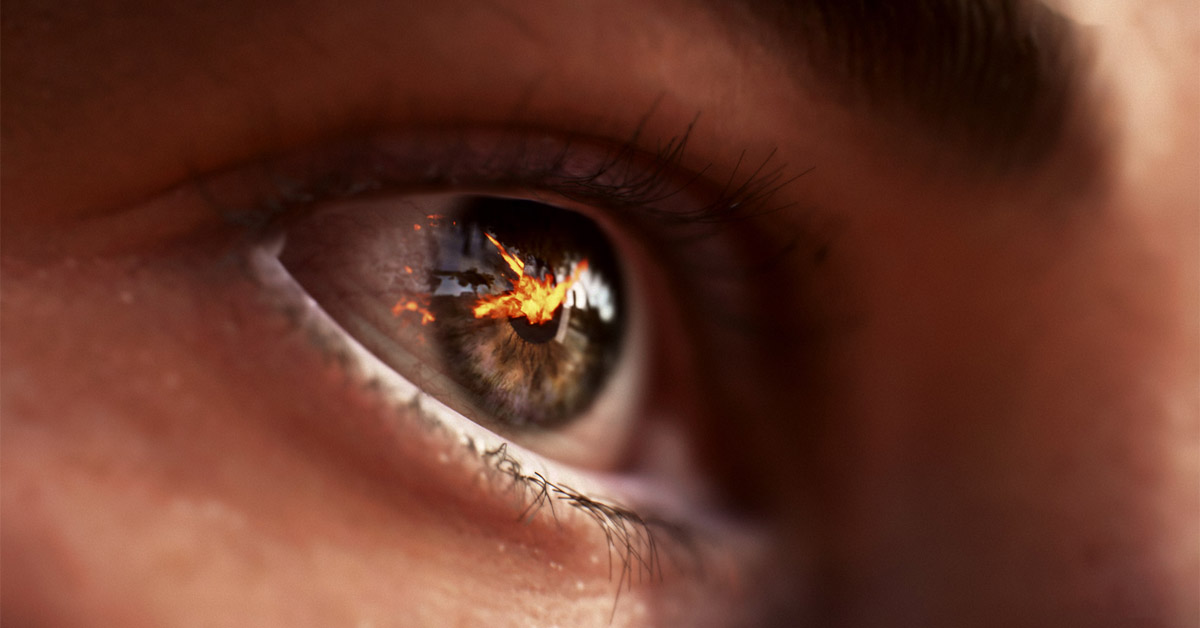
Real-time Ray Tracing received all the hype since its inception last year. It wasn’t exactly a must-have feature, neither did it receive complete positivity from the community. It was certainly something cool, but with very little support from the developers, it is yet to take off. The added cost of RTX GPUs didn’t help either nor will the new news that we have for you today.
Ray Tracing in an AMD card
As you might have already seen, Crytek’s new demo called the “Neon Noir” showcasing the Real-Time Ray Tracing reflections. If you haven’t seen it yet, you can check the video out below. The Neon Noir tech demo, according to Crytek, ran on a Vega 56 graphics card and was “developed on a bespoke version of CRYENGINE 5.5”.
Though the demo was experimental, it ran on an AMD GPU and in 4k no less. There is still a lot we need to discover about it, and it should be a while before we see this implemented in any of the games. But hey, atleast we know we do not need an RTX card for real-time ray tracing right? Seems like Nvidia does too.
Nvidia’s backward compatibility (sort of)
Nvidia just announced their own 10-series chips will get this feature as well. Basically, a driver update will bring the “basic ray tracing”. The update is set to roll out starting next month. The quality or performance won’t be up on par with it’s RTX series. Older (10-series) GPUs weren’t designed to rendering lighting or shadow effects.
Nevertheless, they can still push out just enough to improve the lighting of the environment and characters. Nvidia says “It’s a lot better than not having it” and added, “We’ve been working very hard to optimize ray tracing across all our GPUs”. You can check out a demo that Nvidia showcased above.
Any increase of the graphics is always going to come with a corresponding decrease in performance
Ray Tracing will only be available starting GTX 1060 6GB and will go all the way up to Titan XP which includes the fresh GTX 1660 and it’s Ti version. Finally, Nvidia also addressed the sluggish adoption rate of RT supported games, announcing that more than a dozen game developers including Unity and Epic will adopt ray tracing this year.







![Best Gaming Laptops in Nepal Under Rs. 250,000 (रु 2.5 Lakhs) [2025] Best Gaming Laptops Under 2.5 lakhs in Nepal [Feb 2025 Update]](https://cdn.gadgetbytenepal.com/wp-content/uploads/2025/02/Best-Gaming-Laptops-Under-2.5-lakhs-in-Nepal-Feb-2025-Update.jpg)
![Best Gaming Laptops in Nepal Under Rs. 120,000 (रु 1.2 Lakhs) [2025] Best Budget Gaming Laptops Under Rs 120000 in Nepal 2025 Update](https://cdn.gadgetbytenepal.com/wp-content/uploads/2025/05/Best-Budget-Gaming-Laptops-Under-Rs-120000-in-Nepal-2024-Update.jpg)
![Best Laptops Under Rs. 80,000 in Nepal [2025] Best Laptops Under 80,000 in Nepal March 2025 Update](https://cdn.gadgetbytenepal.com/wp-content/uploads/2025/03/Best-Laptops-Under-80000-in-Nepal-March-2025-Update.jpg)
![Best Gaming Laptops in Nepal Under Rs. 200,000 (रु 2 Lakhs) [2025] Best gaming lapotp under 2 lakhs Nepal Feb 2025](https://cdn.gadgetbytenepal.com/wp-content/uploads/2025/01/Best-Gaming-Laptops-Under-2-Lakh-Nepal-Feb-2025-Update.jpg)

![Best Mobile Phones Under Rs. 15,000 in Nepal [Updated 2025] Best Phones Under 15000 in Nepal 2024 Budget Smartphones Cheap Affordable](https://cdn.gadgetbytenepal.com/wp-content/uploads/2024/03/Best-Phones-Under-15000-in-Nepal-2024.jpg)
![Best Mobile Phones Under Rs. 20,000 in Nepal [Updated] Best Mobile Phones Under NPR 20000 in Nepal 2023 Updated Samsung Xiaomi Redmi POCO Realme Narzo Benco](https://cdn.gadgetbytenepal.com/wp-content/uploads/2024/01/Best-Phones-Under-20000-in-Nepal-2024.jpg)
![Best Mobile Phones Under Rs. 30,000 in Nepal [Updated 2025] Best Phones Under 30000 in Nepal](https://cdn.gadgetbytenepal.com/wp-content/uploads/2025/01/Best-Phones-Under-30000-in-Nepal.jpg)
![Best Mobile Phones Under Rs. 40,000 in Nepal [Updated 2025] Best Phones Under 40000 in Nepal 2024 Smartphones Mobile Midrange](https://cdn.gadgetbytenepal.com/wp-content/uploads/2024/02/Best-Phones-Under-40000-in-Nepal-2024.jpg)
![Best Mobile Phones Under Rs. 50,000 in Nepal [Updated 2025] Best Phones Under 50000 in Nepal](https://cdn.gadgetbytenepal.com/wp-content/uploads/2025/01/Best-Phones-Under-50000-in-Nepal.jpg)
![Best Flagship Smartphones To Buy In Nepal [Updated] Best flagship phone 2025](https://cdn.gadgetbytenepal.com/wp-content/uploads/2024/07/Best-Flagship-Phones-who-is-it-ft-1.jpg)